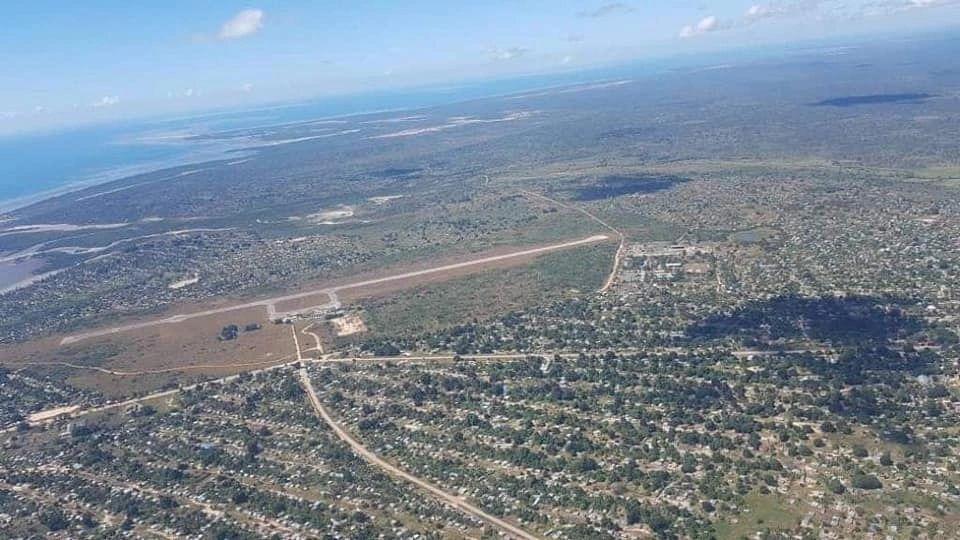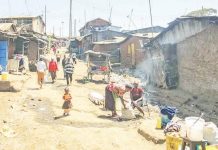Africa-Press – Mozambique. In their cooperation with the Mozambican defence and security forces, fighting ISIS terrorists in the northern province of Cabo Delgado, the Rwandan contingent will concentrate on the districts of Mocimboa da Praia and Palma, according to the spokesperson for the Rwanda Defence Force, Col. Ronald Rwivanga, in an interview published in Tuesday’s issue of the Rwanda daily “New Times”.
The forces from member states of the Southern African Development Community (SADC) would operate in districts further south. “According to the arrangement, each of the forces deployed in Mozambique have designated sectors of responsibility”, said Rwivanga. “To defeat the insurgents requires us to work hand in hand with the Mozambican forces, as well as SADC”.
Read: Cabo Delgado: A closer look at Rwanda-Mozambican forces’ joint operations – The New Times
The major operation of the joint Mozambican/Rwandan forces was last week’s recapture from terrorist hands of Mocimboa da Praia town, with its port and airport. “The next step will be to consolidate these gains by establishing state authority”, Rwivanga said. “State systems will start to operate. Hopefully we shall ensure that this is sustained in the long run. We shall go on to stabilise, and then continue to perform our role of security sector reform”.
Asked about the possibility that the terrorists, after losing Mocimboa da Praia town, will resort to guerrilla tactics in the bush, Rwivanga said the Rwandan forces are quite prepared to deal with this.
“We have forests here (i.e. in Rwanda), we operate in forests every other day, so we are ready for this”, he declared. “That is part of what we are trying to do”.
Asked whether this would delay the operations, he replied “It depends how well we perform our role, and so far we have used a month to dislodge them from their stronghold. So ‘a long time’ is a relative term”.
As for those who criticise Rwanda’s involvement in the Cabo Delgado war, Rwivanga said the RDF was defending civilians – and drawing from the lessons of the 1994 Rwandan genocide, when most of the world stood by while Rwandan civilians were massacred.
“There is a noble purpose behind what we are doing, and that is to protect civilians”, he stressed. “Rwanda signed the 2015 protocol under which we pledged to participate, either through bilateral or UN arrangements, to protect civilians wherever we are called upon to do so”.
“This is something we are very serious about, and those who criticise such an action probably do not understand its importance”, added Rwivanga. “We have a history of being left alone, by many players, during the 1994 genocide against the Tutsis, and we are not going to repeat that mistake”.
As for when the Rwandan mission in Mozambique would end”, he said “we will continue the task we were given until we complete it”.






